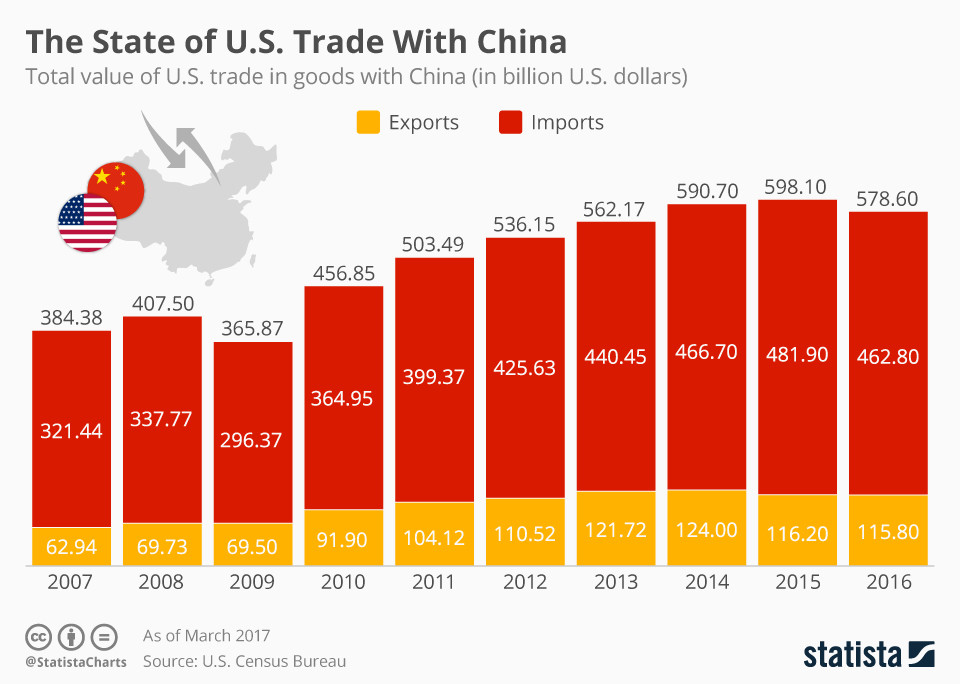by Tom Miles
GENEVA (Reuters) - chinese and U.S. envoys sparred at the World trade company on Monday over U.S. President Donald Trump's claims that China steals American ideas, the area of two complaints and a White condominium plan to slap huge punitive tariffs on chinese items.
U.S. Ambassador Dennis Shea pointed out "pressured expertise transfer" become frequently an unwritten rule for organizations trying to entry China's burgeoning marketplace, particularly if they have been partnering with a state-owned or state-directed chinese language enterprise.
China's licensing and administrative guidelines compelled foreign enterprises to share expertise in the event that they wanted to do enterprise, whereas executive officials may exploit indistinct investment rules to impose know-how switch requirements, he said.
"here is no longer the rule of thumb of law. basically, it is China's laws themselves that enable this coercion," Shea instructed the WTO's dispute agreement physique, according to a duplicate of his remarks provided to Reuters.
"basically, China has made the determination to interact in a systematic, state-directed, and non-market pursuit of different (WTO) contributors' chopping-facet know-how in service of China's industrial policy."
It become a lose-lose proposition for foreign traders, he stated, and not just american citizens. All international locations would see their competitiveness eroded if China's guidelines have been left unchecked.
China flatly rejected the criticism, which has spawned WTO disputes from each side and a $50 billion tariff threat from Trump.
"There isn't any pressured expertise transfer in China," China's Ambassador Zhang Xiangchen instructed the meeting, including that the U.S. argument concerned a "presumption of guilt".
"however the truth is, nothing in these regulatory measures requires expertise switch from international groups."
The U.S. change representative's office had did not produce a single piece of evidence, and some of its claims were "pure hypothesis", he spoke of, adding that the USTR noticed chinese language M&A pastime as a chinese language executive conspiracy.
"DILIGENCE AND ENTREPRENEURSHIP"
technology switch changed into a normal business recreation that benefited the united states most of all, he spoke of, whereas chinese language innovation changed into driven via "the diligence and entrepreneurship of the chinese americans, funding in education and analysis, and efforts to enrich the insurance policy of intellectual property."
criminal experts say Washington wants WTO backing to enforce its tariffs as far as they relate to WTO rules, while China has rejected the tariff plan wholesale and resorted to WTO action to cease it.
under WTO suggestions, if disputes aren't settled amicably after 60 days, the complainant can ask for a panel of consultants to adjudicate, escalating the dispute and triggering a criminal case that takes years to settle.
the U.S., which launched its criticism on March 23, might have used the dispute meeting on Monday to take that step. China may achieve this at next month's assembly.
but due to the fact the dispute erupted, U.S.-China trade policy has been the area of high-level bilateral talks.
final week Trump tweeted cryptically that "our change take care of China is relocating alongside properly" but noted it probably obligatory a "different structure".
(Reporting with the aid of Tom Miles; enhancing by way of Gareth Jones and Tom Brown)

